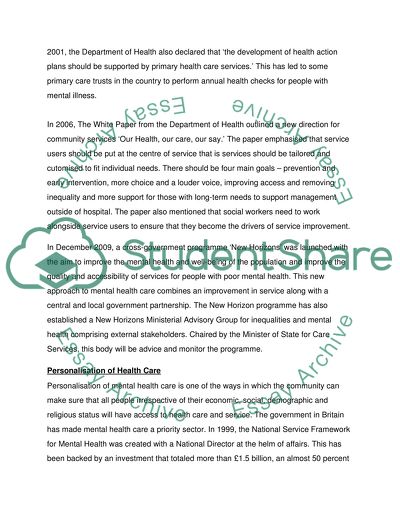Cite this document
(“Community Caring Essay Example | Topics and Well Written Essays - 2000 words”, n.d.)
Community Caring Essay Example | Topics and Well Written Essays - 2000 words. Retrieved from https://studentshare.org/health-sciences-medicine/1510436-community-caring
Community Caring Essay Example | Topics and Well Written Essays - 2000 words. Retrieved from https://studentshare.org/health-sciences-medicine/1510436-community-caring
(Community Caring Essay Example | Topics and Well Written Essays - 2000 Words)
Community Caring Essay Example | Topics and Well Written Essays - 2000 Words. https://studentshare.org/health-sciences-medicine/1510436-community-caring.
Community Caring Essay Example | Topics and Well Written Essays - 2000 Words. https://studentshare.org/health-sciences-medicine/1510436-community-caring.
“Community Caring Essay Example | Topics and Well Written Essays - 2000 Words”, n.d. https://studentshare.org/health-sciences-medicine/1510436-community-caring.


